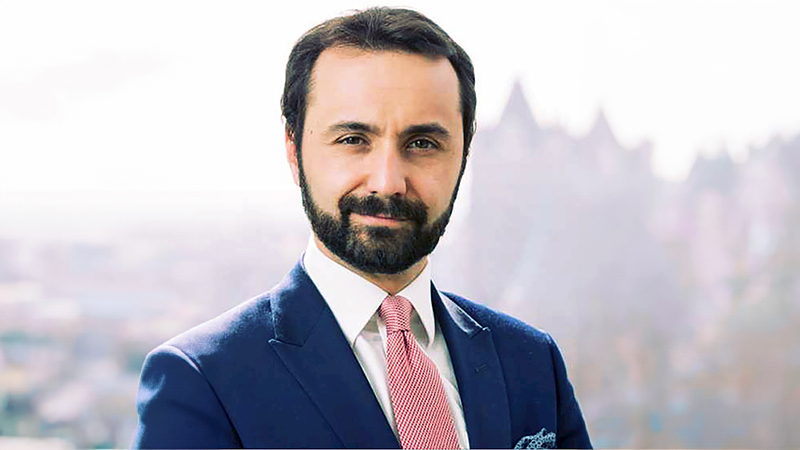The current outlook on the impact of the Brexit vote in the VCT community is a far cry from initial speculation that United Kingdom smaller companies would be the victims of a deterioration in investor confidence.
Of the 17 VCT groups surveyed, 44% perceived the EU referendum to have had no impact on the financing of UK start-ups, Tilney Bestinvest said.
And 31% even expect that the vote will lead to either ‘some’ or a ‘significant’ increase in demand for VCT financing.
Commenting on the findings, Tilney Bestinvest managing director Jason Hollands said: “It’s encouraging to see that those on the coal face of providing financing to smaller companies, are clearly indicating that the EU Referendum result is having no discernible negative impact on demand for development and expansion capital. On the contrary, a significant minority are indicating they believe the vote to carve a destiny for the UK outside of the EU will actually spur demand for venture capital financing as businesses look to new markets.”
And with the additional restrictions on pensions tax relief that came into effect this year, Tilney Bestinvest does not see private investor demand for alternative tax-efficient savings schemes, including VCTs, waning any time soon.
While VCT managers have exhibited a surprising amount of confidence investor demand being unaffected by Brexit, the same cannot be said about their expectations around the total level of fundraising that will be achieved.
During the previous tax year, the VCT industry raised £457.5m from investor capital. Only 18% of survey participants believe that fund raising will exceed £500m by the end of the current tax year. Another 18% anticipate the level of funding will remain at a similar level as the year before to fall between £450m and £500m.
However the vast majority, 65% of respondents, predict fund raising will clock in at a lower level than last year.
The reason the VCT market is not more bullish in their overall expectations for new fund raising, Hollands speculated, is because of the greater restrictions on the universe of eligible investments these vehicles can make.











